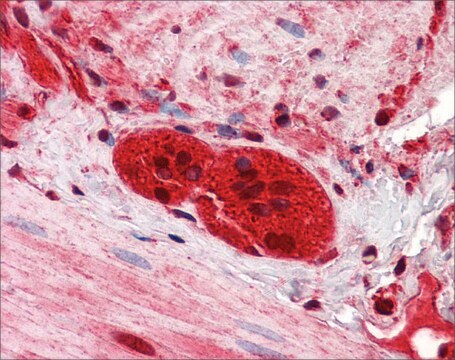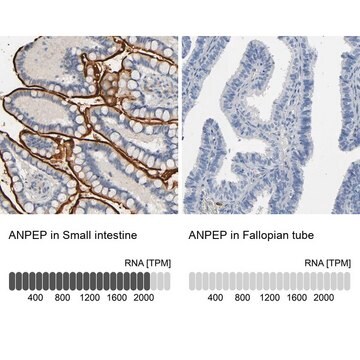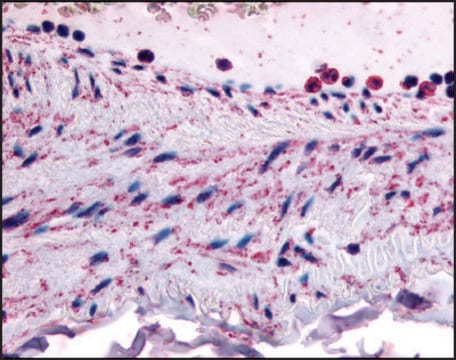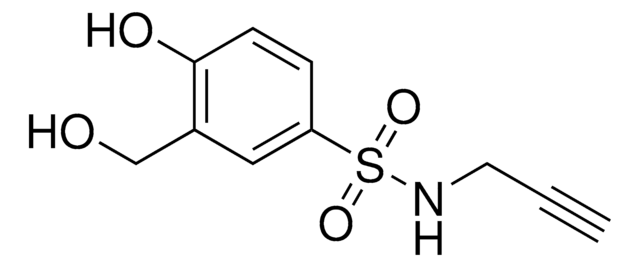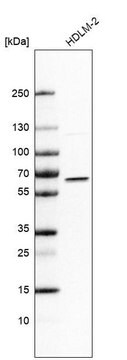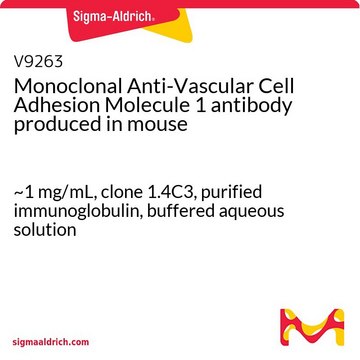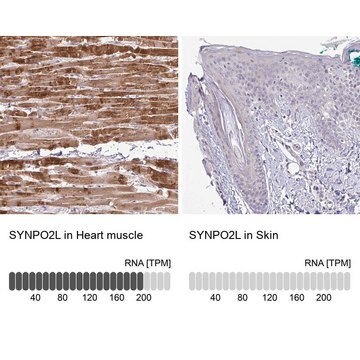SAB4200588
Anti-CHD1 (C-terminal) antibody from rabbit
affinity isolated antibody
Synonym(s):
ATP-dependent helicase CHD1, chromodomain helicase DNA binding protein 1
About This Item
immunofluorescence: 2.5-5.0 μg/mL using human HeLa cells.
Recommended Products
biological source
rabbit
Quality Level
antibody form
affinity isolated antibody
antibody product type
primary antibodies
form
buffered aqueous solution
species reactivity
human, mouse
concentration
~1.0 mg/mL
technique(s)
immunoblotting: 2.5-5.0 μg/mL using whole extracts of mouse P19 cells.
immunofluorescence: 2.5-5.0 μg/mL using human HeLa cells.
UniProt accession no.
shipped in
dry ice
storage temp.
−20°C
target post-translational modification
unmodified
Gene Information
human ... CHD1(1105)
mouse ... Chd1(12648)
General description
Immunogen
Application
Biochem/physiol Actions
Physical form
Disclaimer
Not finding the right product?
Try our Product Selector Tool.
Storage Class Code
10 - Combustible liquids
Flash Point(F)
Not applicable
Flash Point(C)
Not applicable
Regulatory Listings
Regulatory Listings are mainly provided for chemical products. Only limited information can be provided here for non-chemical products. No entry means none of the components are listed. It is the user’s obligation to ensure the safe and legal use of the product.
JAN Code
SAB4200588-VAR:
SAB4200588-BULK:
SAB4200588-200UL:
Choose from one of the most recent versions:
Certificates of Analysis (COA)
Don't see the Right Version?
If you require a particular version, you can look up a specific certificate by the Lot or Batch number.
Already Own This Product?
Find documentation for the products that you have recently purchased in the Document Library.
Our team of scientists has experience in all areas of research including Life Science, Material Science, Chemical Synthesis, Chromatography, Analytical and many others.
Contact Technical Service
